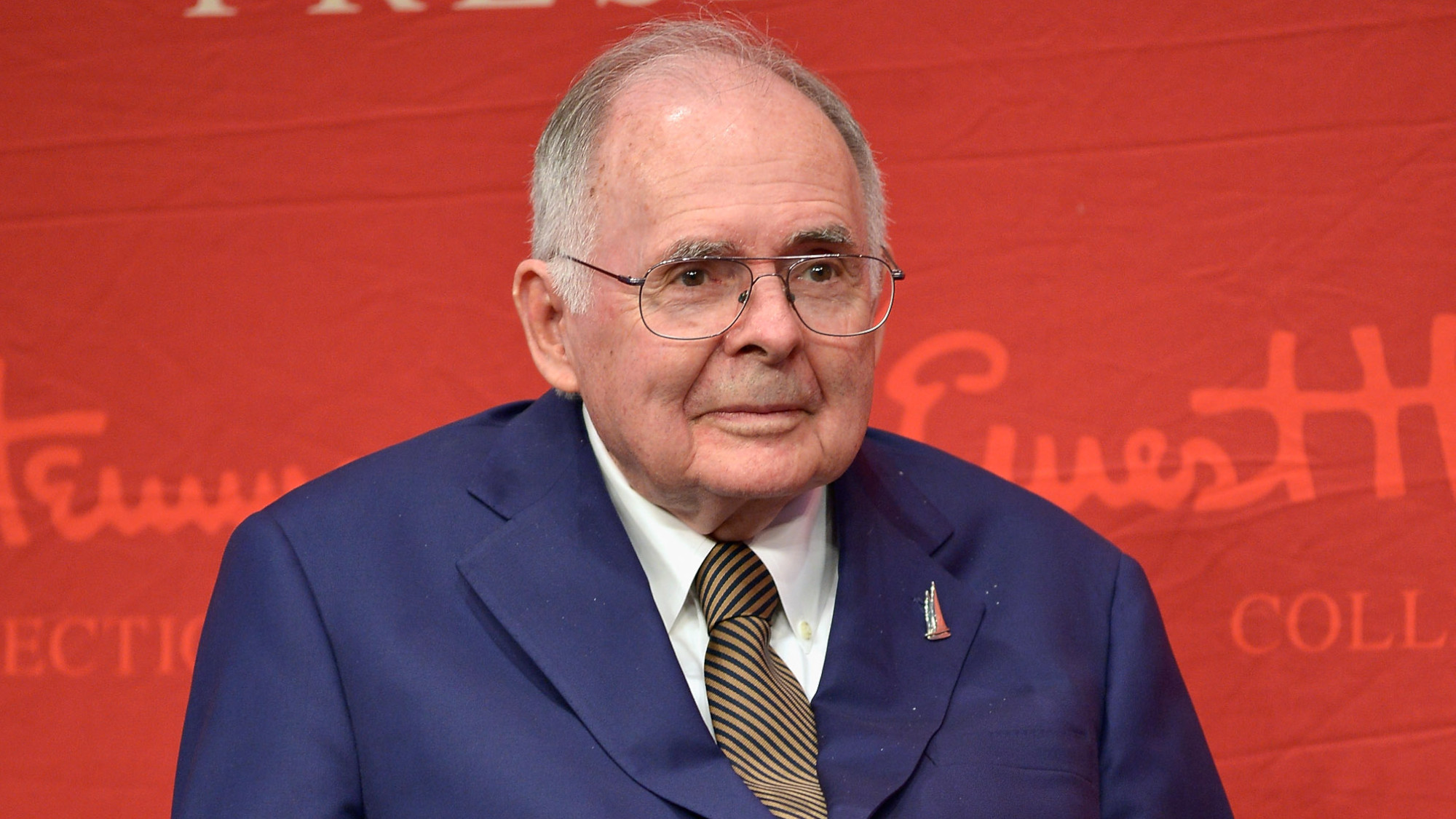Adolfo Calero, 1931–2012
The man who led the contras of Nicaragua
A free daily email with the biggest news stories of the day – and the best features from TheWeek.com
You are now subscribed
Your newsletter sign-up was successful
Adolfo Calero said he learned the “value of freedom” in the 1950s, when he left his native Nicaragua to study at the University of Notre Dame and Syracuse University. He returned to his country, he said, as “a knight in democratic armor.”
At first, Calero’s fight was against the right-wing dictatorship of Anastasio Somoza, which he opposed as a leading light in the Conservative Party. But it was the leftist Sandinistas that finally overthrew Somoza, in 1979. Calero, the manager of a Coca-Cola bottling plant, supported the Sandinistas initially, said The New York Times, but by 1982 he sought exile in Florida, convinced that they “planned to impose their own kind of dictatorship.”
Calero soon became the chief “strongman of the CIA” in the struggle to overthrow the Sandinistas, said El País (Spain), mobilizing a force of some 22,000 contras. After six years of civil war left thousands dead, in 1988 Calero negotiated a cease-fire, which led to the 1990 democratic elections that ousted the Sandinistas.
The Week
Escape your echo chamber. Get the facts behind the news, plus analysis from multiple perspectives.

Sign up for The Week's Free Newsletters
From our morning news briefing to a weekly Good News Newsletter, get the best of The Week delivered directly to your inbox.
From our morning news briefing to a weekly Good News Newsletter, get the best of The Week delivered directly to your inbox.
The Reagan administration’s attempts to hide its role in Nicaragua spawned the Iran-contra affair, said the Los Angeles Times, in which U.S. agents illegally sold weapons to Iran to fund the contras. Working closely with White House aide Oliver North, Calero was a key player in “one of the darkest chapters of U.S. foreign policy.”
Calero later told congressional investigators that he’d had no idea where the U.S. funds originated. “When you’re in the desert and you’re dying of thirst, you don’t ask if the water they are giving you is Schweppes or Perrier,” he said. “You drink the damn thing.”
A free daily email with the biggest news stories of the day – and the best features from TheWeek.com
-
 The ‘ravenous’ demand for Cornish minerals
The ‘ravenous’ demand for Cornish mineralsUnder the Radar Growing need for critical minerals to power tech has intensified ‘appetite’ for lithium, which could be a ‘huge boon’ for local economy
-
 Why are election experts taking Trump’s midterm threats seriously?
Why are election experts taking Trump’s midterm threats seriously?IN THE SPOTLIGHT As the president muses about polling place deployments and a centralized electoral system aimed at one-party control, lawmakers are taking this administration at its word
-
 ‘Restaurateurs have become millionaires’
‘Restaurateurs have become millionaires’Instant Opinion Opinion, comment and editorials of the day
-
 Catherine O'Hara: The madcap actress who sparkled on ‘SCTV’ and ‘Schitt’s Creek’
Catherine O'Hara: The madcap actress who sparkled on ‘SCTV’ and ‘Schitt’s Creek’Feature O'Hara cracked up audiences for more than 50 years
-
 Bob Weir: The Grateful Dead guitarist who kept the hippie flame
Bob Weir: The Grateful Dead guitarist who kept the hippie flameFeature The fan favorite died at 78
-
 Brigitte Bardot: the bombshell who embodied the new France
Brigitte Bardot: the bombshell who embodied the new FranceFeature The actress retired from cinema at 39, and later become known for animal rights activism and anti-Muslim bigotry
-
 Frank Gehry: the architect who made buildings flow like water
Frank Gehry: the architect who made buildings flow like waterFeature The revered building master died at the age of 96
-
 R&B singer D’Angelo
R&B singer D’AngeloFeature A reclusive visionary who transformed the genre
-
 Kiss guitarist Ace Frehley
Kiss guitarist Ace FrehleyFeature The rocker who shot fireworks from his guitar
-
 Robert Redford: the Hollywood icon who founded the Sundance Film Festival
Robert Redford: the Hollywood icon who founded the Sundance Film FestivalFeature Redford’s most lasting influence may have been as the man who ‘invigorated American independent cinema’ through Sundance
-
 Patrick Hemingway: The Hemingway son who tended to his father’s legacy
Patrick Hemingway: The Hemingway son who tended to his father’s legacyFeature He was comfortable in the shadow of his famous father, Ernest Hemingway